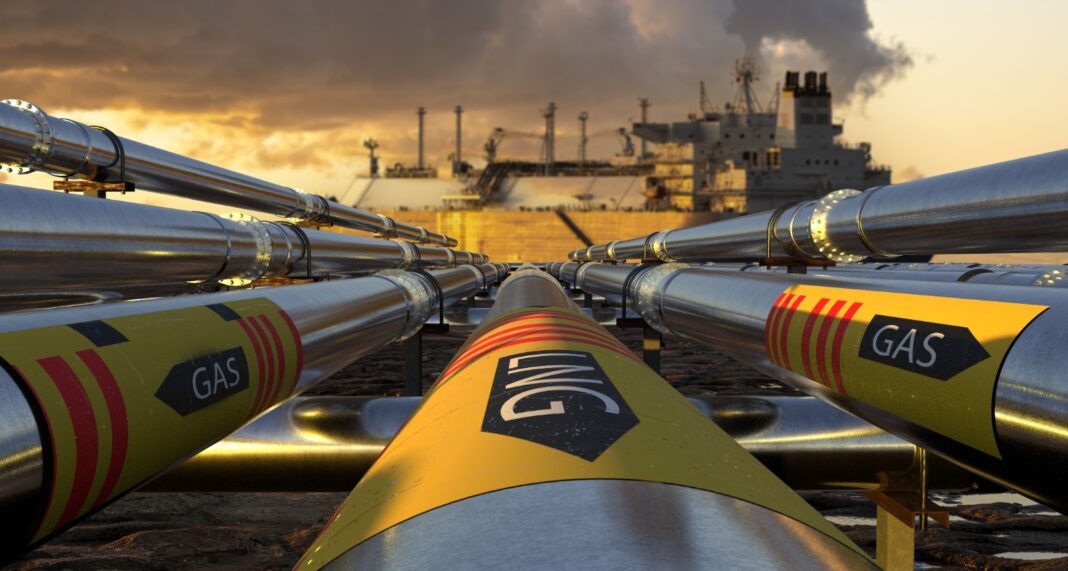EU Foreign Ministers, led by High Representative Josep Borrell, met for their first informal gathering after a busy and challenging summer. The ongoing conflict in Ukraine and Russia’s relentless attacks on civilian infrastructure dominated the agenda.
“Russia continues to attack civilians and their infrastructure,” Borrell stated upon arrival, emphasizing the gravity of the situation. He noted that Ukraine has shown “strategic audacity” with recent operations inside Russia, including an impactful strike in Kursk.
The Ukrainian Foreign Minister, Dmytro Kuleba, joined the meeting in person, marking a crucial moment for the EU’s continued support. Borrell stressed, “It’s important to have you with us here, dear Dmytro,” highlighting the urgency of lifting restrictions on Ukraine’s use of European weaponry to effectively target Russian positions.
Borrell also addressed the dire situation in Ukraine, revealing that Russia launched over 300 missiles and drones on August 26, targeting critical energy infrastructure. “Russia wants to destroy Ukraine’s electricity system,” he warned, underlining the EU’s need to boost Ukraine’s air defense.
In addition to military support, Borrell shared good news regarding the financial aid to Ukraine. For the first time, the EU is using revenues from frozen Russian assets to directly fund Ukraine’s industrial capacity, with €1.4 billion already sent. “This is an important new fact,” Borrell added.
The ministers also touched on other global issues, including the situations in Venezuela and Gaza, with discussions expected to continue throughout the day. Borrell closed by emphasizing the importance of dialogue, particularly with Turkey, as the Turkish Foreign Minister also joined the meeting.
The focus, however, remained firmly on Ukraine, with Borrell promising that the EU would “continue doing everything we can” to support Ukraine, both militarily and diplomatically, in its fight against Russian aggression.




